The Andor finale reminds us it's the best Star Wars show by a mile
Andor's finale is the proof that it's one of the best Star Wars shows ever — and that it stands with the best of the movies.
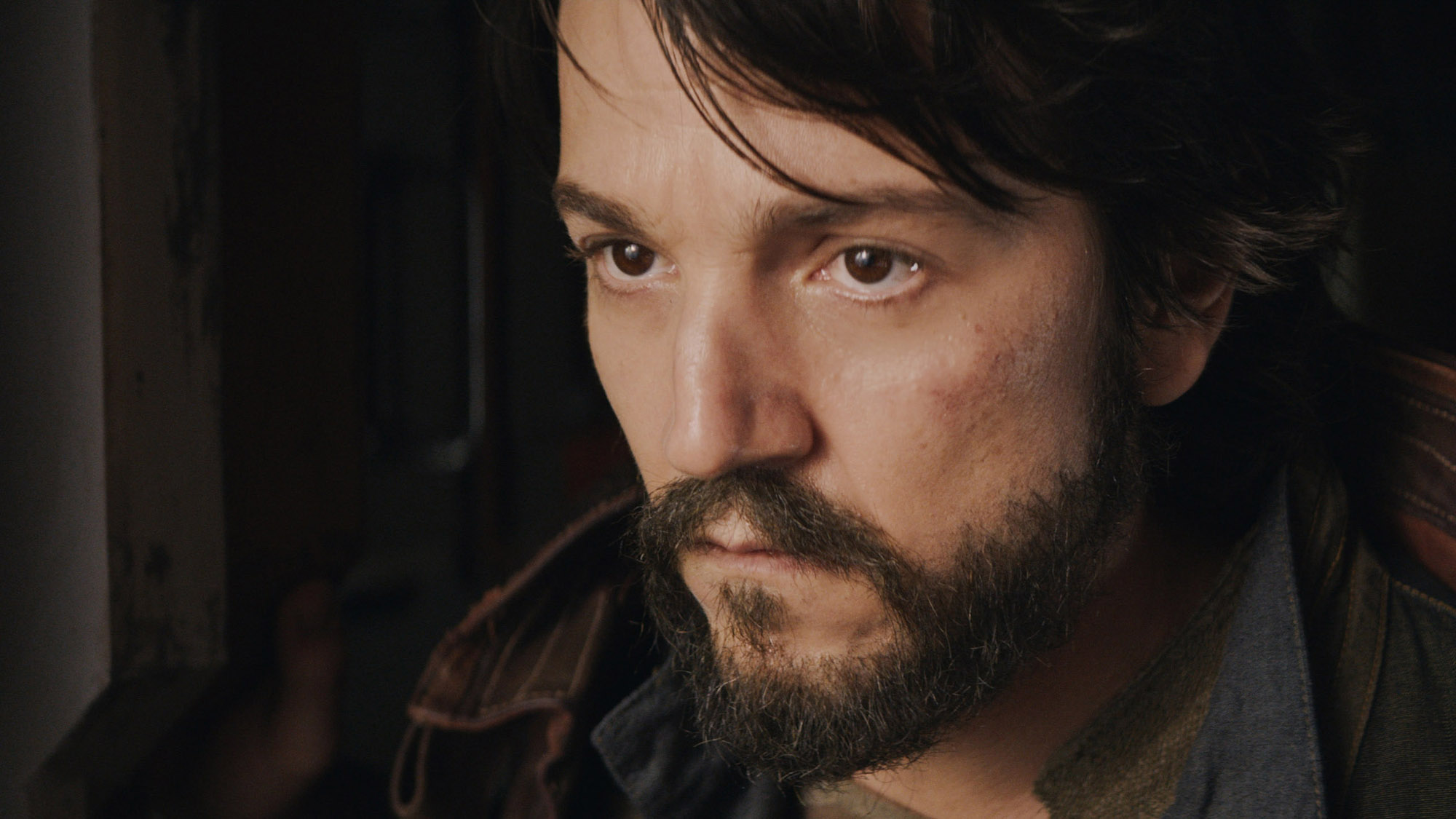
I knew I loved Andor, but the Andor finale that's just aired set the bar even higher than I had expected — so much so that I'm here today to say that not only is Andor the best Star Wars show by at least one parcec. Heck, it's so good that I practically forgot it's a Star Wars show.
And, yes, that's a dig at what Disney's done with Star Wars. Heck, the first season of Andor is so good that I think it's the best Star Wars show or movie since the original trilogy (outside of the animated stuff, which I haven't seen).
And why is Andor so good? This is the part that I know is going to rile some Star Wars fans up, so... sorry about that. But Andor is great because it feels entirely outside of the Star Wars that we've been watching for the last decades. This story will have mild spoilers for the Andor season finale. While I do cover topics from episode 11 and prior, there will be no details that will be shocking if you haven't yet seen the new episode.

Andor's storytelling and focus away from the individual seals the deal
Look back at the previous Star Wars Disney Plus live-action shows — The Mandalorian (a fun show where a guy protects an adorable infant), The Book of Boba Fett (a serious show with flashbacks dryer than a Tatooine summer) and Obi-Wan Kenobi (a show that took a while to get good and skimped on the Darth Vader). You don't think "Wow, that was some of the best story-telling of the year" with any of those.
But from moment one in Andor, when Tony Gilroy's team took its cameras into a brothel early in the first episode, you knew that Andor had the creative freedom to do things that the Star Wars we know has not enjoyed.

Yes, each of those previous shows, in varying amounts, was fun for fans because it gave some lore, and helped us feel more connected to parts of the galaxy far, far away.
I don't want to say that Star Wars is better without Jedi, but Andor shows we needed a break from them.
But Andor did something a bit different. Sure, Cassian Andor (Diego Luna), the character that everyone else orbited around, isn't new. Mon Mothma (Genevieve O'Reilly) and Saw Gerrera (Forest Whitaker) were also seen before this, but neither plays a huge role — especially at first. Instead, Andor is all about entering their world, and then fleshing out humanity on both sides of the duels that have always been so very black and white.
Get instant access to breaking news, the hottest reviews, great deals and helpful tips.
Andor himself did some things this season that were mighty selfish, but having followed him through his decisions, and seen the pain he's undergone, we've grown to root for him as an admittedly flawed and tragic figure. Rian Johnson got close to that with Luke in The Last Jedi, but the rest of the sequel trilogy was no friend of shades of gray.
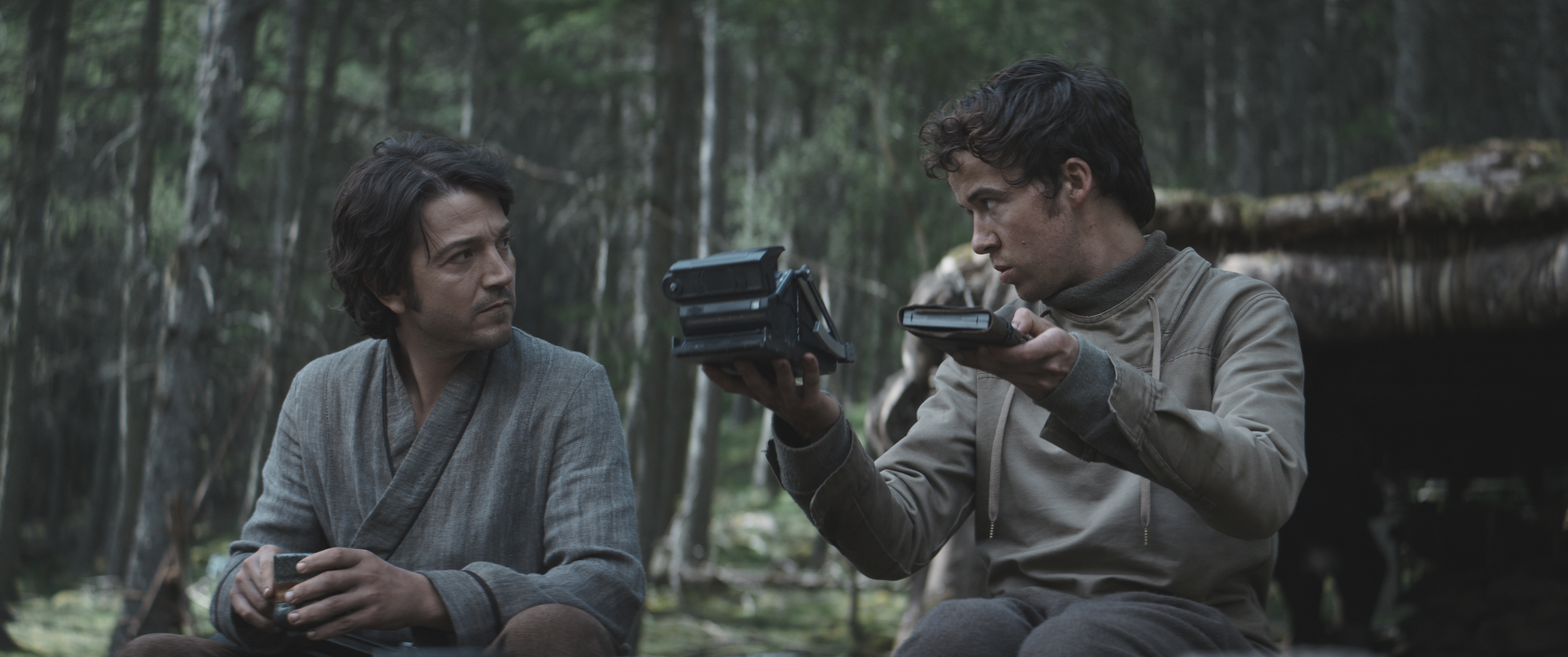
I don't want to say that Star Wars is better without Jedi, but Andor shows we needed a break from them. To switch from The Force and the duality of the Light and Dark side, to what is essentially a story where one man struggles under the Empire's thumb? That's reaped massive rewards.
Throughout Andor, we met the people at the ground-level of the rebellion, and the show delivered a strong series of emotions. All the while, we watched a man slowly realize who he's going to become.
All of that became more powerful after the death of Andor's mother Maarva (Fiona Shaw). Every single inch of how the Andor finale dealt with Maarva's passing — especially in terms of its ripple through Ferrix — was masterfully done. In these moments Andor revealed the truth about its whole premise: Andor isn't about Cassian Andor — it's about community.
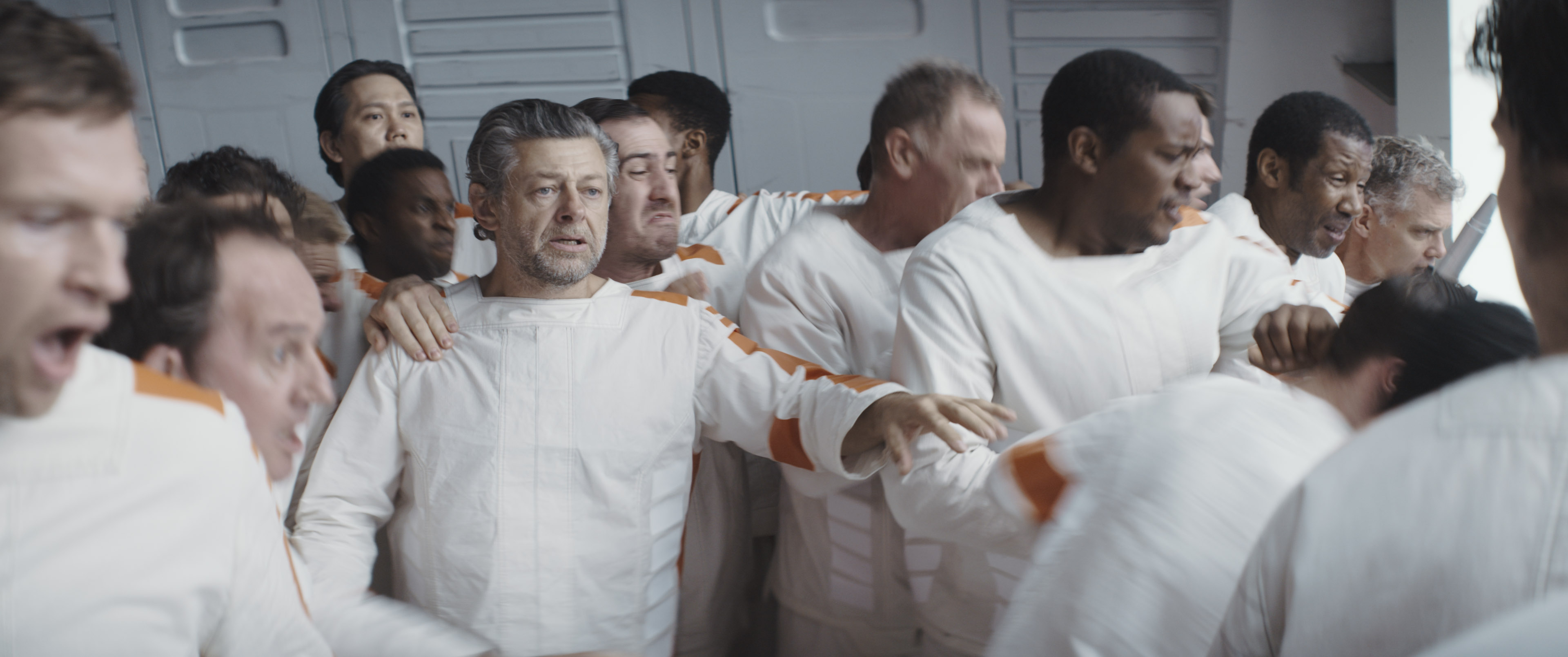
From the Narkina 5 prison to Aldhani, from Ferrix to Kenari (where Andor's whole story began), this show has constantly focused on how groups of people have suffered and fought under authoritarianism. Thanks to excellent performances from Joplin Sibtain (as Brasso, Andor's friend) and Dave Chapman (who voices B2EMO, the family droid), Andor shows us communal grief, and it became a more powerful show for it.
Having watched Star Wars, Marvel and DC content for the last decade or so, I'm all too weary of hearing that a hero's parent died (Maarva, which sounds all too close to Bruce Wayne's Martha, was itself a red flag). But to see how the Andor finale used this death for the overall story — and Ferrix itself — had me in awe.
Andor continues to paint the forces of evil with more detail
Before Andor, there were (mostly) two kinds of characters in Star Wars stories — good ones and evil ones. (Again, accept my apologies about my ignorance of the animated series if it deviates from that pattern.) Anakin Skywalker/Darth Vader threaded the needle on this, but I'd argue that Anakin's portrayal in the prequels wasn't close to what they're doing with Dedra Meero (Denise Gough).
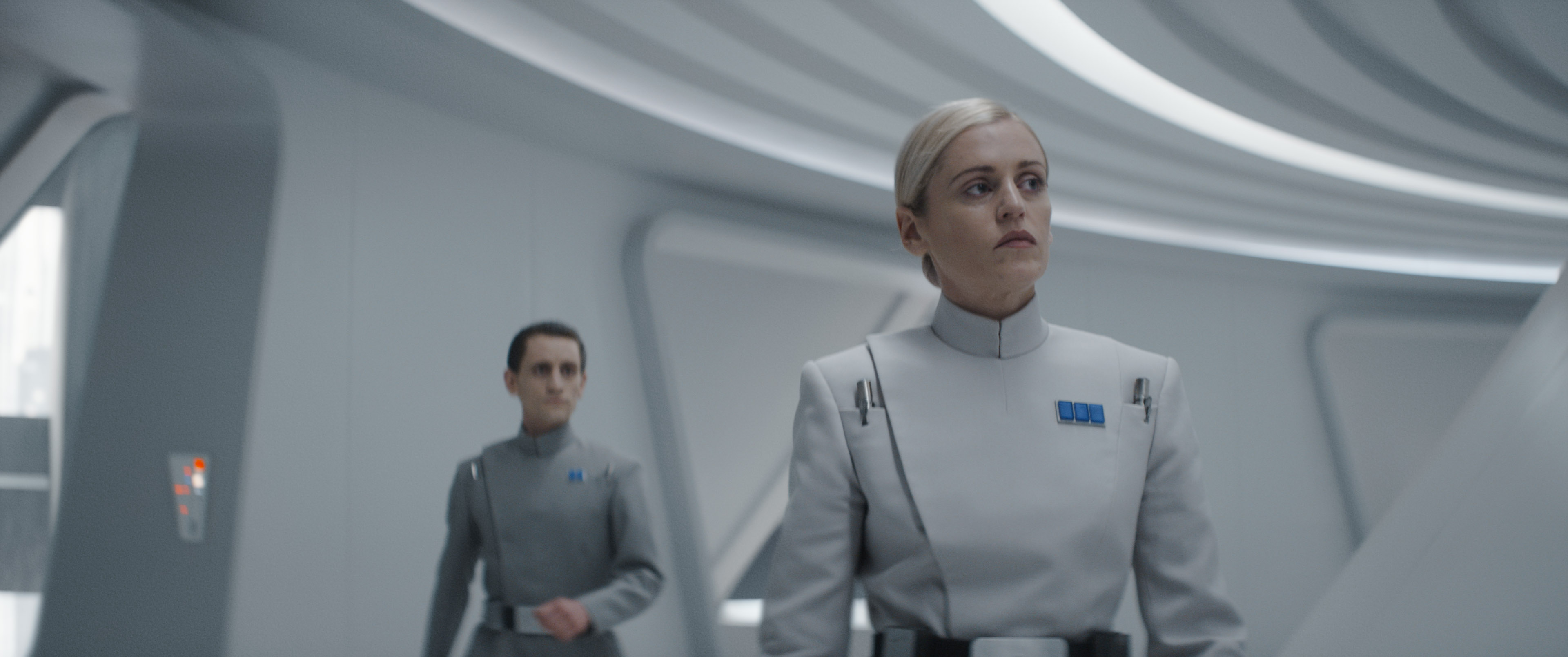
Maybe that's because I just thought Anakin was a petulant child, and his downfall was just corny, but it has nothing on how Meero is the odd member of the Empire's Imperial Security Bureau that has been presented in ways that make you, at times, almost want to root for her.
In the finale, though, Meero's in a more peculiar situation. Now that she's more clearly a part of the problem — running the ISB plan that's monitoring Maarva's funeral — you can't really root for her. But when she's put in danger, and that one scene with her and the pathetic-yet-still-trying Syril Karn, you see Meero as someone just doing their job, a job that you hope she'd leave at some point.
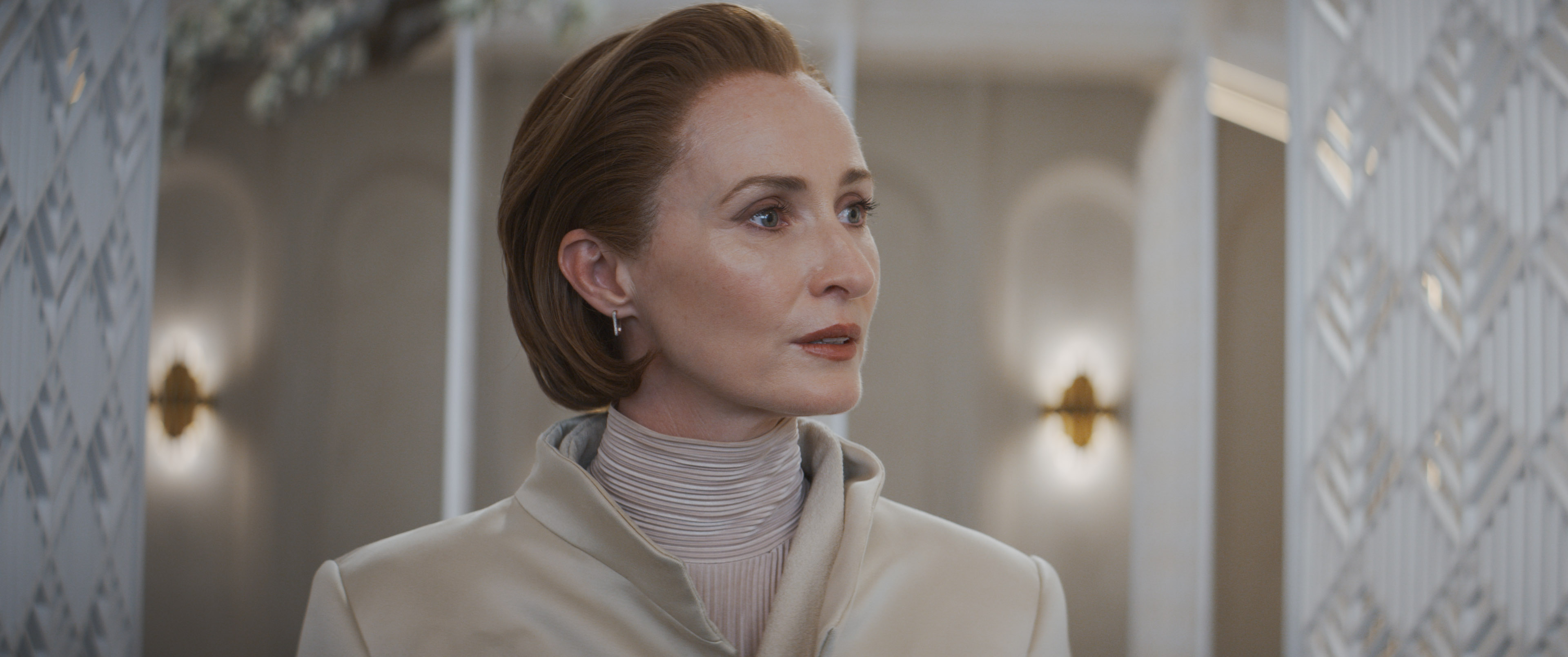
Similarly, Mon Mothma's played in shades of gray this whole season. She's clearly on the right side of history in the long term, but there's an ickiness to her situation where she's setting her daughter up in a relationship in order to get the funds the still-nascent rebellion needs.
Outlook: I can't wait to see where Diego Luna takes Andor
Cassian Andor's final scene of the season, where we see him utterly exhausted, is proof that the choice to center this show around Diego Luna was correct. While I'm all about how the Andor series spoke to communities under strife, I can't begin to say enough praise for Luna's performance.
Again, while I liked The Mandalorian, Pedro Pascal's muted and helmeted performance has nothing on what Luna accomplished in this show. Ewan McGregor's arc in Obi-Wan doesn't come close, either.
Luna's delivery of Andor's words to B2EMO in the finale, and his final words to his friends, show the actor in confident portrayal of a man who has almost no confidence of where he's going or what comes next. Andor season 2 will be the final run of the series, and it pains me to think it's not coming until 2024.

Henry was a managing editor at Tom’s Guide covering streaming media, laptops and all things Apple, reviewing devices and services for the past seven years. Prior to joining Tom's Guide, he reviewed software and hardware for TechRadar Pro, and interviewed artists for Patek Philippe International Magazine. He's also covered the wild world of professional wrestling for Cageside Seats, interviewing athletes and other industry veterans.
 Club Benefits
Club Benefits





